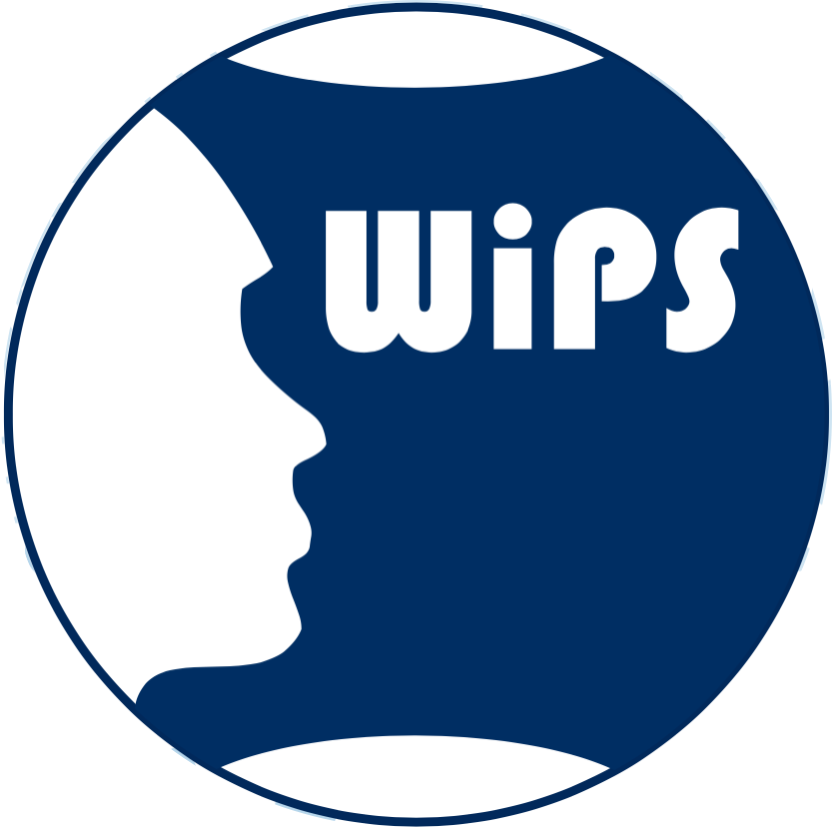Jessica Johnson, BA
US Antarctic Program; National Institutes of Health/NIH (USA)

Jessica, in black sweater and with earphones, is pictured at McMurdo Station, specifically, at the peak behind Scott's Hut on the north shore of Cape Evans, Ross Island, Antarctica.
What’s the work that you do?
I just completed a field season in Antarctica mapping subsurface glacial flow and organic matter content in McMurdo Dry Valleys’ water tracks. I am also currently a research fellow at the National Institutes of Health, using multidimensional diffusion MRI to detect small-scale neurodegeneration in aging.
What keeps you going?
The idea of prolonging human health in space through Aerospace Medicine is infinitely intriguing. Medical advancements in space have had enormous, positive impacts on earthly disorders as well. As a proponent of interdisciplinary work, I love when entirely different disciplines come together to exact meaningful change on society. I am always looking for ways to connect planetary science and medical research to sustain our ability to advance further into the cosmos and terrestrially.
What’s your message to the world?
So long as you enjoy what you do, find purpose in what you do, it does not matter who understands your trajectory. Do what you must and stay steadfast; the right people will come along with you.
If I had listened to the negativity, I would not have gone to Antarctica for planetary science research in the middle of my NIH fellowship this past January.
Organisation: US Antarctic Program; National Institutes of Health/NIH (USA)
Nationality:
United States of America
